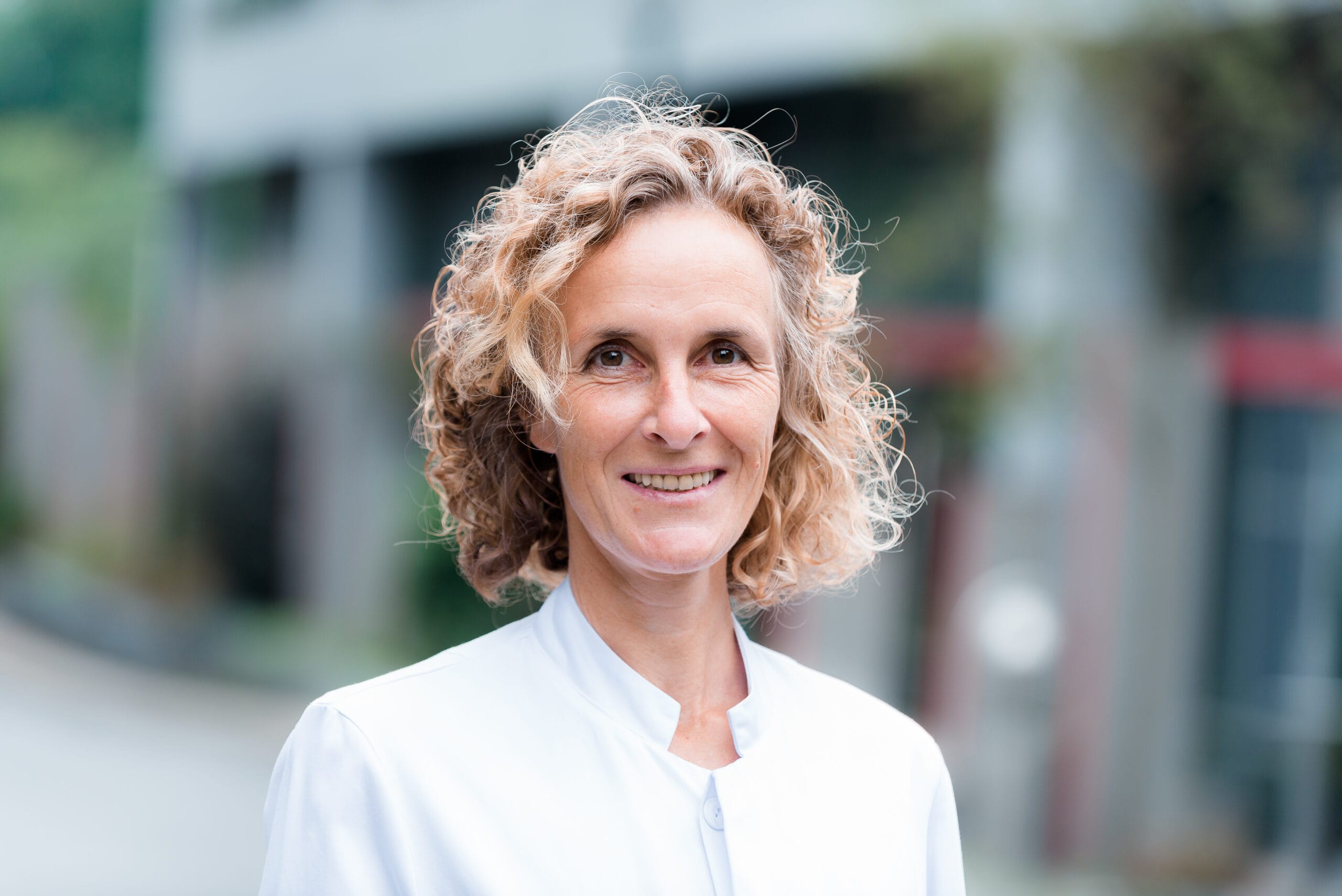- 08.05.2024,
- News & Insights
Prof. Dr. med. Uta Dirksen: Everything for good aftercare after cancer

What happens after surviving cancer?
What care needs are there depending on age after a cancer diagnosis?
KAKS: Why is OPTILATER important for RB Survivor?
Dirksen: For almost all survivors, there are certain health risks after surviving cancer – our aim is to identify these at an early stage.
With OPTILATER, those affected have the opportunity for the first time to describe their care situation and also to name things that are missing from the patient’s point of view in aftercare.
KAKS: What are the current gaps in supply that you want and need to close?
Dirksen: That is the aim of the project.
There is currently no structured aftercare.
We want to change that.
KAKS: What questions regarding their health should RB survivors deal with in adulthood, i.e. from the age of 18?
Dirksen: We want to discuss this together with those affected.
And we rely on the support of survivors.
If survivors would like to support us, they can also contact OPTILATER directly by email: optilater@uk-essen.de
KAKS: Is OPTILATER only for survivors of childhood cancer or for everyone?
Dirksen: OPTILATER is an offer for all survivors who have been diagnosed in NRW.